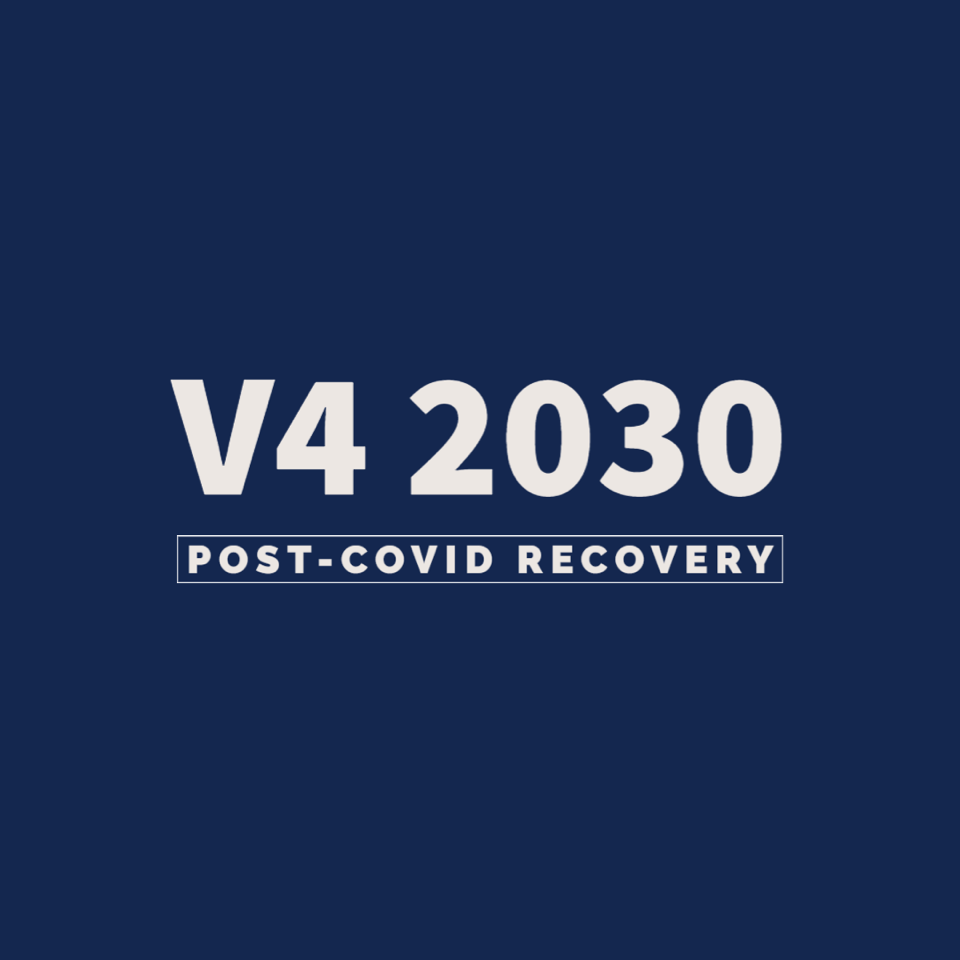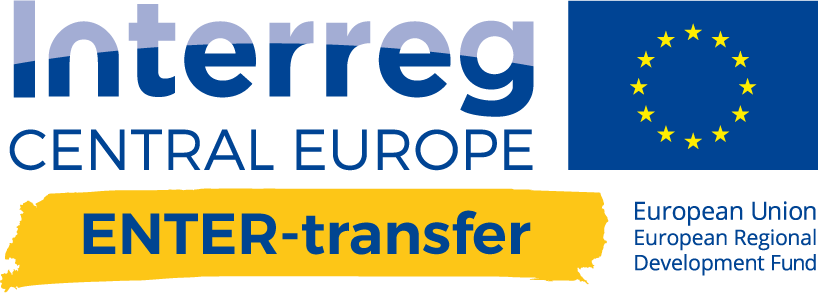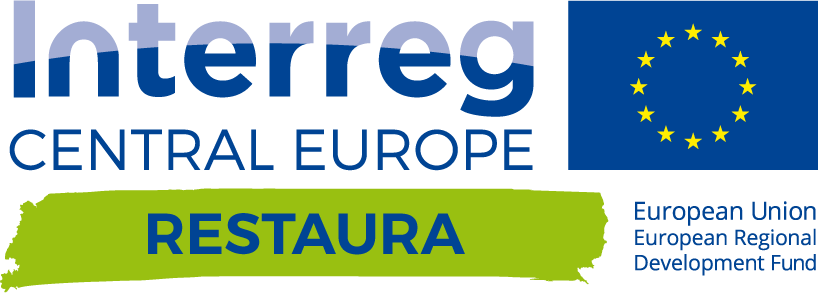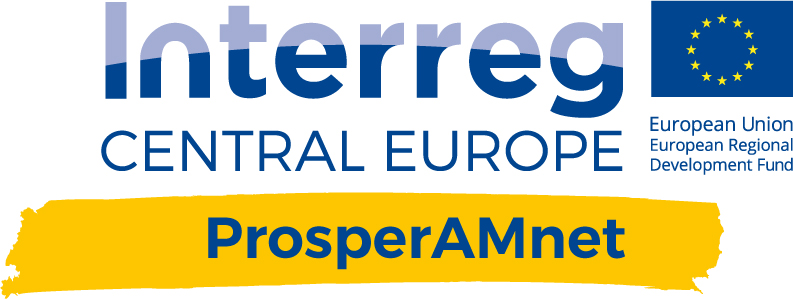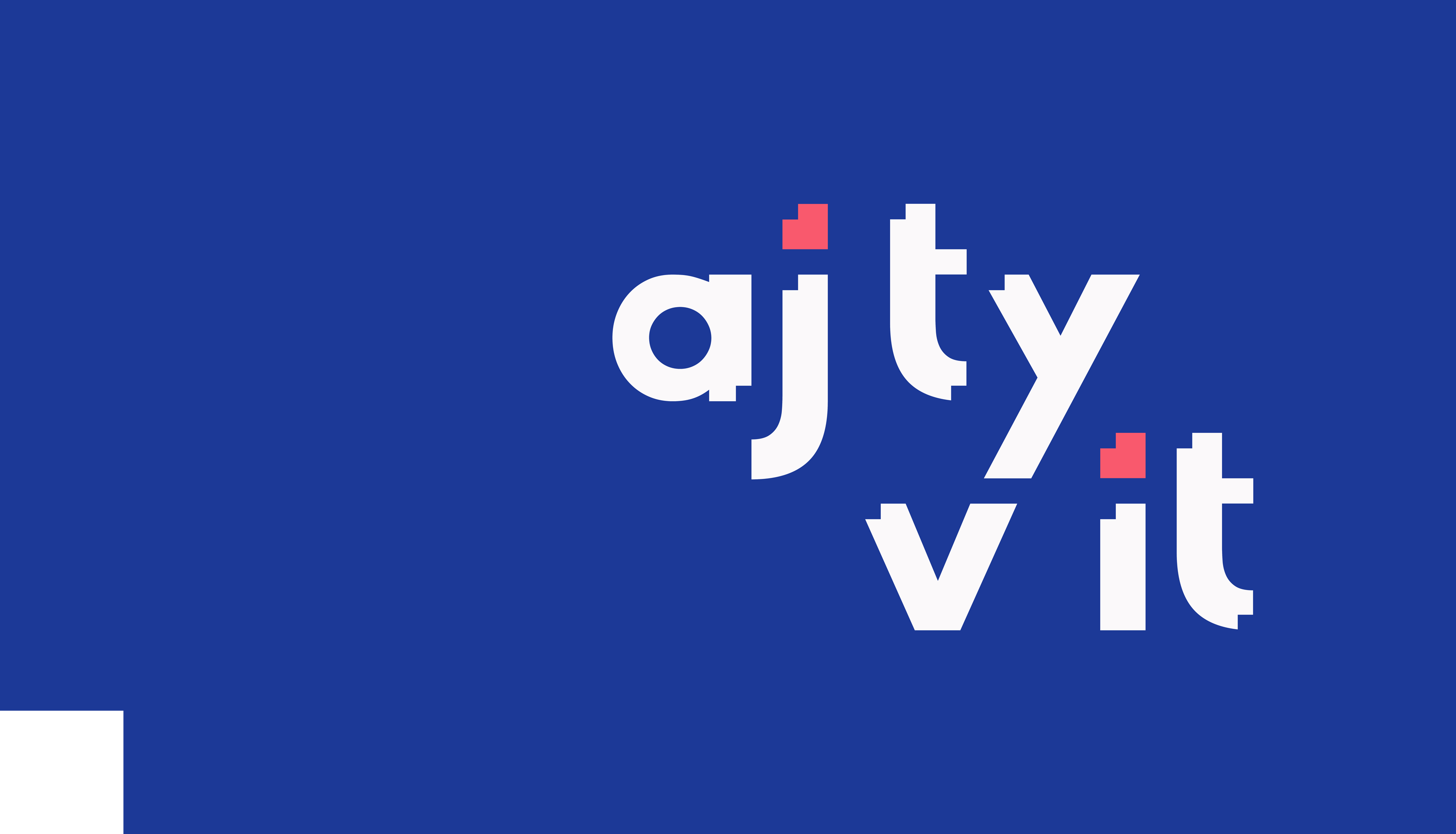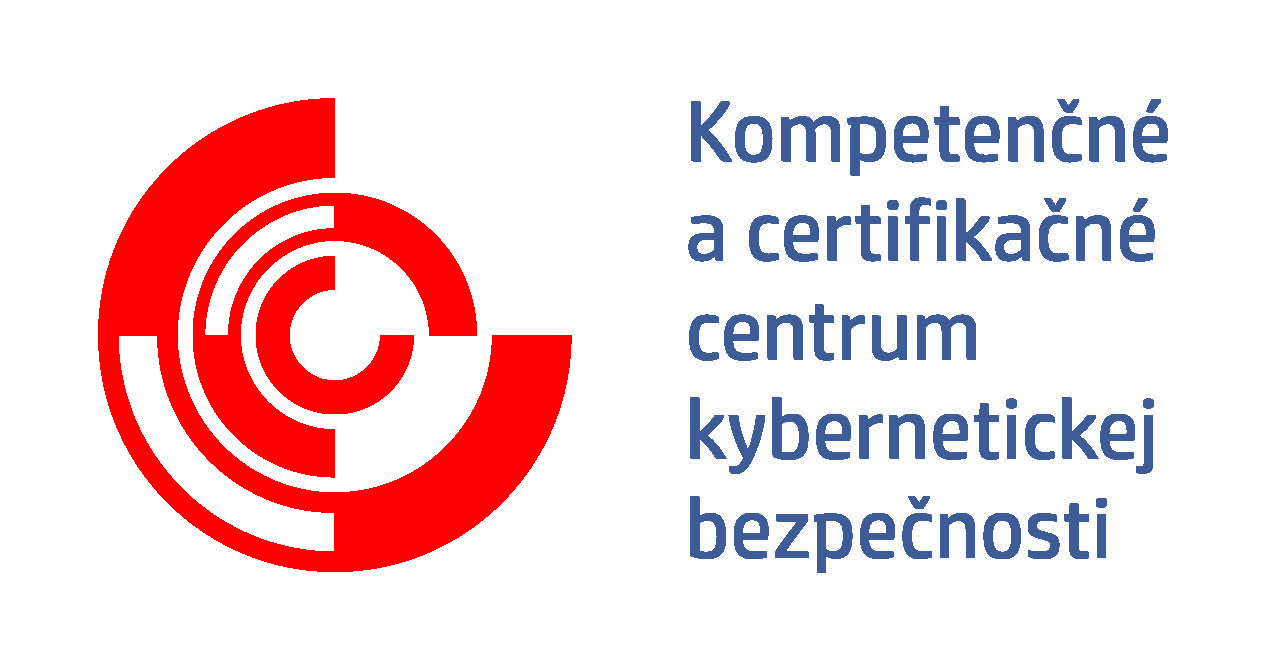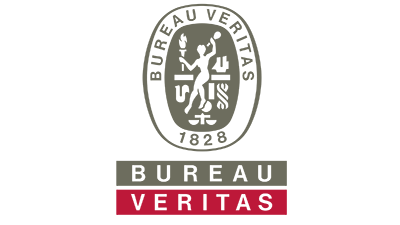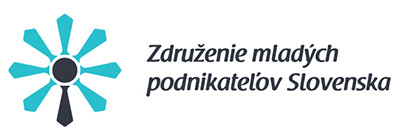Bachelor study programme in English language
Business Economics and Management (in English)
Graduate profile
The graduate of the bachelor's study programme "Business Economics and Management" is qualified to hold professional economic positions in the business sphere, managerial positions at lower and middle management levels, which require basic knowledge of the economic context of business activities, supplemented by the main aspects of financial, information and overall economic, managerial and information literacy. Its competence can fulfill the mission of a person capable of independent economic and managerial thinking. By taking a critical view of economic processes and phenomena, he/she is able to analyse causes, identify partial solutions and, in collaboration with other team members, contribute to the generation and implementation of solutions to specific economic and managerial tasks. Thanks to his/her analytical skills, complemented by the mastery of selected IS/IT products, he/she is able to participate in working meetings where he/she can present the results of his/her analyses as well as the concrete solutions arrived at by deploying the knowledge of different management disciplines. The graduate's linguistic competence is manifested not only in the ability to search for available information in different languages, but also in engaging in teamwork and discussions, in arguing solutions and promoting professional opinions. They are able to apply their knowledge in the management of small teams or as a support worker in selected functional departments of a company. The graduate of this study programme has the possibility of direct employment in business practice or is qualified for the next level of higher education. The acquired economic and entrepreneurial competence predestines him/her for self-employment, in the development of small (family) business. The set of economic and managerial knowledge, with emphasis on basic topics in the field of business-economic doctrine and managerial theories, supplemented by selected problems of financial management and a comprehensive range of information literacy and presentation techniques, allows to represent business practice in a suitable way in other areas of economic life.
Since 2016, the study programme has also been conducted in English. The international cooperation of the faculty and the recognition of the acquired knowledge, skills and competence enable the student to apply, at the first level of study, for the double diploma system, which the faculty has contracted with The Business School of Ningbo University or the University of Applied Sciences Würzburg-Schweinfurt. In addition, as part of the internationalisation of studies, it is possible for the student to acquire the necessary skills in a foreign area, by participating in study or internship placements, while the student is guaranteed recognition of the imported credits.
Learning objectives
The educational objectives of the study programme are:
- the acquisition of theoretical basis in the field of business economics, management, corporate finance and business informatics with the ability of its practical application in the business area and the development of knowledge of the international view of the given issues;
- the ability to identify, sort, analyse and process relevant information on the current situation of a business entity, the ability to critically evaluate, present, communicate and interpret conclusions in two foreign languages;
- the ability to navigate in the economic environment; to organise the work of a small team, to follow new information in the field and to use it in their practical activities;
the ability to think entrepreneurially and develop small businesses.
Study plan for study programme Business Economics and Management
Master study programme in English language
General management (in English)
Graduate profile
A graduate of the study programme "General Management" acquires comprehensive knowledge of management disciplines that decisively create and predetermine him/her for working in management positions across the entire organizational structure of the company. During his/her studies, he/she can develop his/her general knowledge by choosing a minor specialisation, where he/she will broaden the necessary knowledge, significantly strengthen his/her competence, and acquire skills in the field of business management, financial management, personnel management or information management. Significant qualitative progress will be made in the area of managerial, financial and information literacy, which will enable the graduate to better cope with complex economic situations and tasks in both real and online environments. Under the influence of developed critical and analytical thinking skills, as well as creativity and inventiveness, the graduate is able to proactively lead scientific and professional teams, organize their work and assist in the search for and implementation of specific project management solutions. The disposition of soft and hard skills enables the graduate to lead professional discussions in management topics, to contribute his/her opinions to public debates and to enrich them with an impartial and unbiased professional perspective. The acquired knowledge qualifies the graduate for employment in the international arena, both as a member of a work team, or as a leader, and as an entrepreneur. The graduate's competence is reflected in his/her higher acceptance in sectors such as banking, insurance, state, and public administration where he/she brings entrepreneurial and managerial insights and solutions.
Since 2016, the study programme has also been conducted in English. International agreements concluded between the faculty and EM Strasbourg, VŠE in Prague, The Business School of the Ningbo University, allow to complete the studies also at one of the partner universities in the form of a double diploma. The quality of the study programme is reflected in the degree of internationalisation of recognition and in the transfer of study and internship credits. The high compatibility of the study content gives the student the possibility to travel and continue his/her studies at any foreign economic or management university and thus develop his/her competence.
Learning objectives
The educational objectives of the study programme are:
- acquiring advanced knowledge in business management, personnel management, financial management and information management, developing strategic thinking, vision, leadership and the ability to lead subordinates and project teams;
- advanced ability to work with data and information, based on critical comparison and evaluation, using modern analytical methods based on available information and communication technologies;
- ability to evaluate and respond appropriately to stimuli from the economic environment; monitor new trends and identify further developments.
The main learning outcomes - for the area of knowledge - are:
- advanced knowledge, laws, and principles of business entity management on a national and international scale - from operational management towards strategic management.
- creating original solutions, applying, and combining analytical methods, critically evaluating established conventions, and striving to contribute to the generation of new knowledge.
- acquiring specific knowledge in the field of business management, financial management, personnel management, or information management through a chosen minor specialisation.
The main learning outcomes - for the skills area - are:
- Developed communication skills, able to argue scientifically, present solutions and take decisions in uncertain and unstable economic conditions.
- Developed skills in the field of information systems and information technology and contributes to further improvements with his/her proposals, in order to improve the competitive position of the enterprise.
- Active in the online space and using his/her presentation skills is able to communicate with all stakeholders of the company.
- Active analysis of data obtained from the internal and external environment of the enterprise, generating practical management information and through this systematic process generating deep knowledge.
The main learning outcomes - for the competency area - are:
- the ability to think economically, analyse, organise and comprehensively manage economic processes in the enterprise, therefore predestined to work in middle and senior management positions, or in organising business life in one's own enterprise.
- Ability to manage and lead work teams or project teams, to generate and take managerial decisions and original solutions, thus acquiring competence to work in organisations as well as in state and public institutions.
Doctoral study programme in English
Business Economics and Management (in English)
Graduate profile
The graduate of the study programme Business Economics and Management acquires and can integrally apply advanced scientific methods of basic and applied research, participates in the development of knowledge in economics and management, integrates the latest trends of modern society and is able to apply them in various spheres. He/she can define problems accurately, analyse economic and managerial phenomena and processes, generalise and standardise the acquired knowledge and apply it to the solution of specific problems, thus contributing to the development of economic and managerial theory.
The graduate of the doctoral studies can design and implement the whole research cycle. He is able to work with scientific hypotheses that result from the deficits of the current state of knowledge in economics and management, he is able to apply the appropriate methodological procedure in order to advance the knowledge of the scientific discipline, in the intentions of sustainable socio-economic development.
Through advanced knowledge of IS/IT, he/she is able to transform and evaluate data in an appropriate way into scientifically and applicationally interpretable information, usable in specific decision-making situations. With a problem-oriented research approach, it is able to generate solutions that respect the limits of the economic possibilities of enterprises.
The acquired advanced skills, enriched with quantitative and qualitative tools of scientific research, predispose the graduate also for the performance of applied research. The graduate is able to evaluate economically and financially the impact of proposed solutions and to solve a wide range of professional problems with managerial skills, to communicate them appropriately with stakeholders and to defend his/her opinions and positions in expert discussions. From a managerial perspective, the acquired competence contributes to broad-based support for societal progress not only at the microeconomic but also at the macroeconomic level, to the generation of new ideas, incentives and innovations, thus contributing to the strengthening of an economically sustainable business environment.
The graduate is able to carry out independent, conceptual and creative scientific and research activities in the field of business economics and management, approaching problem solving on the basis of a broader global context, both nationally and internationally.
He also contributes to the development of a sustainable knowledge-based society and digital economy through his competence in solving research tasks based on problems of business practice, his mastery of advanced scientific techniques and his habits of systematically examining the latest scientific research findings.
Learning objectives
The aim of education in the study programme of economics and business management is:
- To acquire advanced knowledge in the field of scientific methods of basic and applied research in the field of study and the field of research in economics and management, with an emphasis on management theory, finance, information systems, and to link this knowledge to the results of relevant research directions, based on the principle of responsibility and sustainability.
- To develop problem-oriented, creative, and critical scientific thinking, based on input from the corporate practice environment as well as from own original basic research.
- To master methodological and methodological procedures, leading to the generation of new entrepreneurial ideas and innovative solutions, to the critical evaluation of the use of own proposals, solutions, and conclusions of basic and applied research, in the dynamically changing environment of corporate practice.
- Acquire advanced skills and abilities to present and communicate own scientific conclusions and solutions, domestically and internationally, in written and oral communication, including with the help of modern communication tools.
The main learning outcomes - for the area of knowledge - are:
- Developed knowledge of the scientific principles of business management on a national and international scale, with emphasis on interactions in the microeconomic environment, new knowledge, and exact approaches of management theory, with emphasis on financial and economic aspects of enterprises, the use of information systems and their management.
- Knowledge of advanced qualitative and quantitative techniques of scientific research, necessary for generating original scientific and applied solutions, their critical evaluation and quantification of the economic and managerial impact of their eventual implementation in corporate practice.
- Actual new scientific and research knowledge, related not only to the object of the dissertation, consisting in problem identification, formulation of research design, conducting original research, generating conclusions and new knowledge, in interaction to the relevant scientific subfields of economic and managerial research.
The main learning outcomes - for the skills area - are:
- Strengthened analytical skills - manifested in the ability to identify appropriate and reliable primary and secondary sources of information, their decomposition, analysis and subsequent integration and problem synthesis.
- Developed skills in the conception of scientific outputs (written expression) - formulation of research questions, hypotheses, innovative ideas, their scientific processing, and comparison with the current state of knowledge, supplemented by own research and prediction of further development of the problem and its solution.
- Advanced communication skills - presentation, argumentation, communication with the scientific community, in a national and international environment, which results from the developed skills of conceiving scientific outputs in written form.
The main learning outcomes - for the area of competence - are:
- Competence to build, manage and actively influence the life of a research or project team in business practice, the ability to deal with the investigation of economic and managerial problems in the field of basic and applied research in accordance with the requirements of society as well as the practical needs of the business environment.
- Competence in independent scientific work in specialised educational and research organisations, participation in international research in multinational research collectives or research incubators or laboratories, thus contributing to the development of a knowledge-based society.
Competence in proactive action in public administration in the formulation of strategies and policies related to the promotion and development of the business environment and the public interest, as well as the ability to develop and implement innovative programmes, reflecting current economic, environmental, and social requirements of practice or social needs, in accordance with the principles of responsibility and sustainability.
Study plan for study programme Business Economics and Management - daily form
Study plan for study programme Business Economics and Management - part-time form
Bachelor study programme in Slovak language
Business Economics and Management (SK)
Study plan for study programme Business Economics and Management
Master study programs in Slovak language
Doctoral study programme in Slovak
